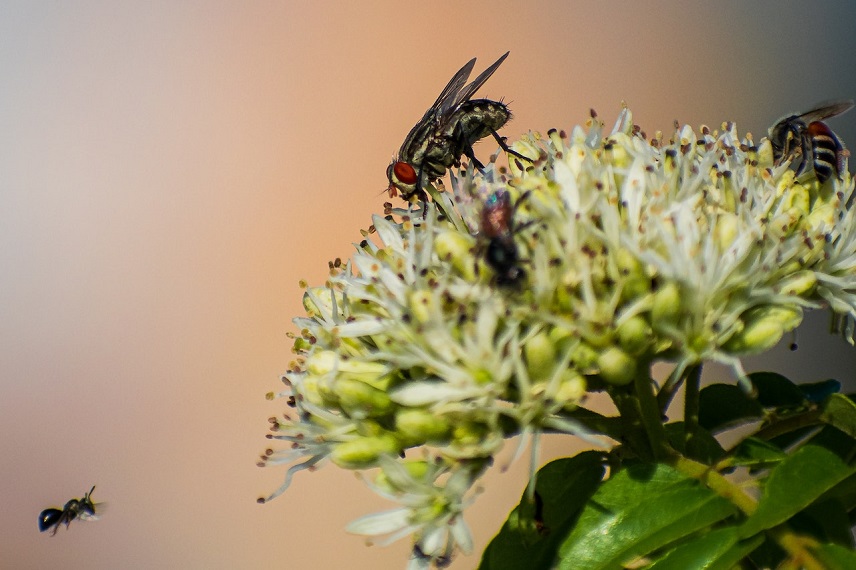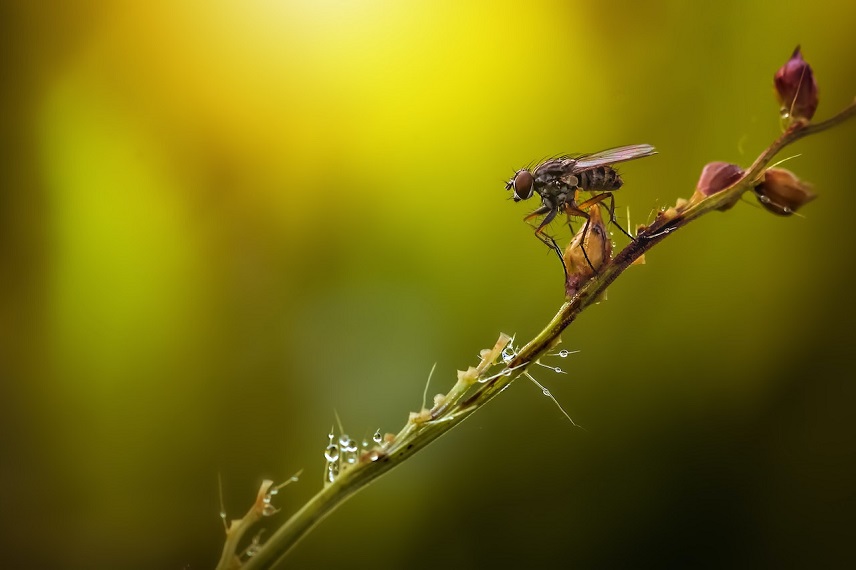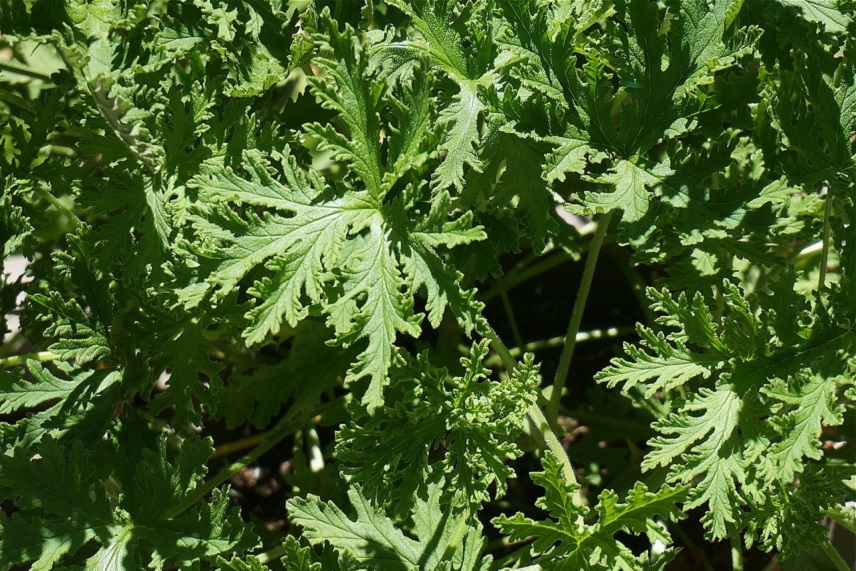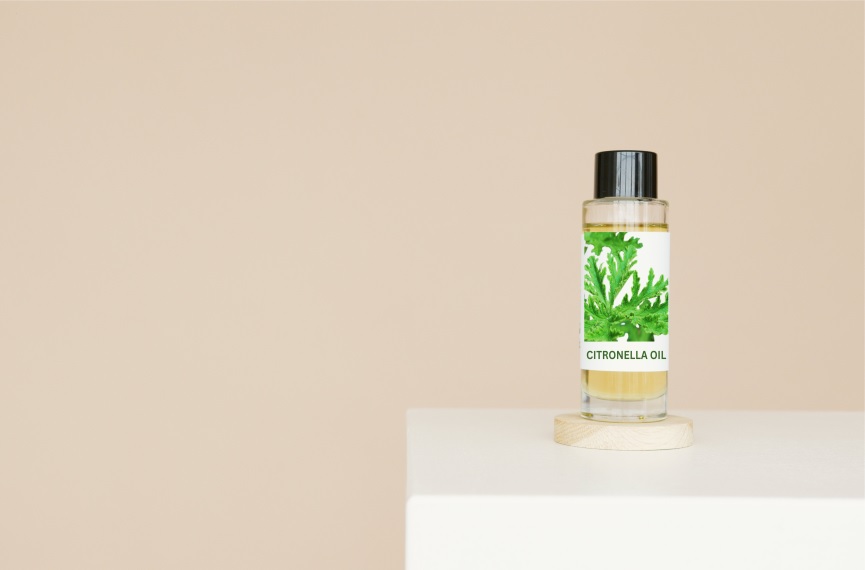Ah, the blissful days of summer, a welcome relief after enduring the long and dreary winter. It’s the perfect time to revel in the beauty of nature… or is it? Regrettably, along with the warmth and sunshine, come those bothersome flies.
And we’re not just talking about a few stray ones – the humidity beckons a horde of these pesky insects. For those who relish spending time outdoors, this can swiftly escalate into an overwhelming predicament.
But are flies truly such a significant concern?
Let me enlighten you on this matter. These minuscule critters are more than mere nuisances; they can actually pose a grave threat to your well-being. You see, flies have quite the reputation for disseminating diseases.

Imagine this: a fly innocently lands on some unsavory surface like garbage or animal droppings. Little do we know that it picks up all sorts of viruses and bacteria in its tiny legs. And then… it decides to pay us humans a visit – landing on our food or even our skin – transferring those nasty pathogens right onto us.
But wait, there’s more! It turns out that fly saliva may contain harmful toxins that can cause infections. Yes, you heard that right – their saliva! It’s not just about what they carry on their feet; they’ve got toxic substances lurking in their mouths too! And as if that wasn’t enough to make you cringe in disgust, flies can also harbor parasites like worms which can wreak havoc on both humans and animals alike.
To make matters worse (yes, there’s more), flies have been known culprits behind cases of food poisoning. The audacity! When one of these pesky creatures decides to land on our precious mealtime goodies, they bring along unwanted guests – bacteria! This contamination can lead to unpleasant experiences like vomiting and diarrhea. So next time you spot one of these winged nuisances buzzing around, do yourself a favor and give it a wide berth. Trust me, your stomach will thank you.
Why are flies attracted?
Flies are drawn to specific stimuli due to their sensory capabilities. These insects are able to detect carbon dioxide, which is the gas we exhale.
In addition, flies are attracted to heat and movement, as well as certain compounds commonly found in decaying food. These compounds, known as esters, emit a scent reminiscent of overripe fruit that appeals to flies. Furthermore, flies are attracted to garbage and deceased animals. This is precisely why common house flies can pose a health risk by transmitting dysentery or causing food poisoning since they feed on feces and decomposing food.

How can you repel or ward off flies?
There are various methods you can employ to deter flies. One option is using flypaper or traps that effectively capture the flies and prevent them from bothering you any further. Another approach is creating your own fly trap and concocting homemade fly bait using a mixture of sugar water. By utilizing this DIY trap, you can attract the flies and confine them within it.
Consider utilizing a fan or keeping your windows open to generate a breeze that discourages flies from landing. Alternatively, you may opt for chemical repellents such as citronella candles or sprays. However, exercise caution not to use anything excessively potent, as it may inadvertently attract more pests!
Using a citronella product to keep flies and mosquitoes away
Summertime brings with it the pesky presence of flies and mosquitoes. Naturally, you find yourself seeking ways to safely eliminate them. One popular solution that frequently comes up is citronella candles. But what exactly are these candles, and do they truly have the power to repel flies?
Citronella proves to be an excellent defense against flies, effectively keeping them at bay from your living space. Let’s delve deeper into the world of citronella and explore its mechanisms for repelling these bothersome insects. Additionally, we’ll address any inquiries you may have on this fascinating topic.
Citronella Oil

Citronella, derived from lemongrass or citronella grass, is an essential oil with a strong lemony scent that insects like flies and mosquitoes despise. Similar to eucalyptus oil, citronella effectively repels flies and even kills them.
Used in various products such as soaps, incense, candles, perfumes, and cosmetics, citronella offers a wide range of benefits. Burning citronella candles proves particularly effective in keeping annoying flies and biting flies at bay.
Citronella Oil is effective against fruit flies
Not only does citronella repel flies but it does so on a large scale. Its composition includes ingredients like citronellol, citronellal, geraniol, geranyl acetate, and limonene—all contributing to its fly-repellent properties. Since 1948, the EPA has registered citronella oil as a plant-based repellent due to its non-toxic nature. It acts as a biopesticide against sand flies, white flies, and most other types of flies.
By masking the scents that attract insects such as fruit flies and houseflies, citronella protects itself from pest attacks. This explains why it effectively eliminates these pesky creatures.

Fly Repelling Effect
Citronella oil has been used for mosquito deterrence for many years according to studies on malaria prevention. Additionally, when combined with other oils, it can provide up to 3 hours of protection against various bugs including sandflies. While not lethal to flies themselves, citronella extracts successfully repel them, making it an excellent choice for keeping your surroundings fly-free during summer.
Citronella Plants as Insect Repellents
Citronella, a widely-used and highly effective oil for repelling flies and controlling pests, offers more than just its natural insect-repellent properties.
Now that you’re aware of citronella oil’s ability to repel house flies, let’s delve into the world of candles.
To begin with, it’s important to understand how scented candles are crafted. These candles consist of three primary ingredients: wax, essential oil, and a wick.
During production, the oil is blended with molten candle wax to ensure even distribution throughout the candle. Subsequently, the wick is immersed in this mixture and heated, causing the release of the infused oil.
This process allows the fragrance of citronella oil to permeate the air and effectively mask other odors that attract flies.
While this method proves as effective as other fly-repelling techniques such as bug spray, it does require more effort compared to simply using a basic fly curtain.

A Review of Citronella Oil and Citronella Products as Pest Control
When reviewing citronella grass oil and related products for pest control purposes, one must remember a study from 2011. This research revealed that citronella is volatile on its own and remains effective for only a few hours at best. Considering this information, it becomes clear that rapidly evaporating oil may not be ideal for candles. The heat generated by burning can expedite evaporation, potentially reducing its efficacy.
The study also found that using citronella oil in candles was only half as effective compared to direct application of the oil itself. They advise individuals traveling to malaria-endemic areas not to rely solely on citronella alone. While it is an effective essential oil, adequate concentration is necessary for optimal results.
One challenge lies in the fact that many candle manufacturers incorporate minimal amounts of citronella to achieve the desired scent. Consequently, many people are misled into believing that citronella does not work at all.
Advantages / Pros
Aside from effectively repelling flies and other flying insects, opting for citronella candles offers several benefits, in addition to decorative or aesthetic benefits:
Affordable
Citronella candles are reasonably priced and easily accessible. Exploring online shopping options can help you find the best citronella candles for your home, including those with milder scents or without chemical-like odors.

Not Toxic to Adults
The scent of citronella candles is not toxic to humans, making them a safe choice for fly repellent. Unlike spray bottles filled with chemical insecticides or other unpleasant odors, citronella candles pose no harm.
However, it is important to avoid direct contact with the oil as it can be toxic if ingested or comes into contact with the eyes. Some individuals may choose to purchase specialized citronella sprays or oils for application on their skin. While this can effectively repel flies, frequent reapplication is necessary.
Other Benefits
As mentioned earlier, citronella serves not only as a natural insect repellent but also as a non-toxic option for humans. Additionally, you can grow and find citronella plants in your own garden. The fruity and grassy scent of citronella is highly appealing to many people.
In addition to repelling flies, it provides a sense of calmness and helps reduce stress. Overall, incorporating citronella candles into your pest control routine offers numerous advantages while ensuring a pleasant environment free from unwanted insects. And speaking of a pleasant environment, citronella candles are great decors for homes.
Disadvantages / Cons
High volatility
Another issue with citronella oil is its high volatility. It evaporates quickly, meaning you would need to reapply it every 2 or 3 hours for it to remain effective.
Less effective compared to other formats
There are several drawbacks to using citronella candles as a mosquito repellent. Firstly, candles have a low concentration of citronella, making them less effective compared to other methods. To achieve the desired effect, you may need to use multiple citronella candles, which can be costly.
Citronella can have usage contradictions
While it is generally considered nontoxic and natural, it may not be suitable for certain individuals and pets. Children can be sensitive to insect repellents, even those that are nontoxic. Therefore, it is not recommended for children under 6 months of age. Additionally, lemongrass in citronella oil can be toxic to pets like dogs. It’s important to ensure that your pets do not have access to the oil.
Moreover, there isn’t enough information on inhaling citronella during pregnancy; therefore it’s generally advised for pregnant women to avoid using it.
Some organizations doubt oils like citronella
Furthermore, not all organizations trust the efficacy of essential oils like citronella. For example, the U.S. Center for Disease Control has not included any citronella products in their list of recommended mosquito repellents due to insufficient evidence.

Are Gnats Driven Away by Candles?
Although candles can help keep flies and gnats away and are an economical option for controlling gnat populations in your home or garden when made with ingredients like eucalyptus or lemongrass along with citronella oil; they may not completely eliminate these insects on their own.
In conclusion, while there are mixed reports about the effectiveness of citronella candles as an insect repellent; many people believe in their ability to repel insects and drive flies away from homes.
If you decide to try them out yourself before making a final decision, the Cutter 95784 Citronella Candle is recommended as it is backed by reports that consider it the best repellent. So, if you’re looking for a natural alternative to repel or drive flies away, purchasing citronella products like oils and candles could be a suitable option for your home!
Alright, that’s a wrap!
We’ve covered all the important information you need to know about citronella candles and their effectiveness. But here’s the burning question: do citronella candles really do the trick?
Opinions on this matter are quite divided, with some folks swearing by their ability to repel insects and keep pesky flies at bay. It’s definitely worth giving them a shot before making your final choice. Now, citronella candles are just one of the options to choose from. You might also want to check out first the other types of decorative candles.